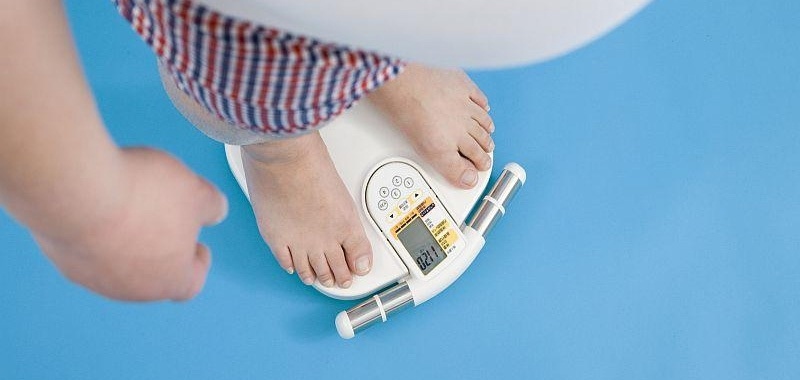All too often the medical community 'fat-shames' patients trying to lose weight, when in fact obesity and overweight are complicated medical issues, says one doctor in an open apology to those fighting excess body weight, failed diets and obesity

Obesity has emerged as a significant risk factor for poor outcomes in patients infected with Covid. Based on how doctors and others in health care have previously treated patients with obesity or overweight conditions, my guess is that many will respond by declaring: “Well, it’s their own fault for being overweight!”
In the spirit of recognizing that people who struggle with weight loss include our family and friends, here’s a different sentiment. To those who we have shamed for having excess body weight and/or failing diets: “You were right, and we are sorry. After giving you undoable tasks, we ridiculed you. When you tried to tell us, we labeled you as weak and crazy. Because we didn’t understand what you were experiencing, we looked down on you. We had never felt it ourselves. We did not know. And for that, we apologize.”
Why ‘fat shaming’ doesn’t work
Unfortunately, health care providers commonly treat patients who struggle with weight loss by assigning stereotypes, snap judgments and ingrained negative attributes – including laziness, noncompliance, weakness and dishonesty.
After this uncomfortable exchange, docs prescribe a treatment programme and emphasize how wonderful your outcome will be. “It’s just a matter of sticking to it,” they say.
Back at home, you are excited to start treatment. However, you quickly realize that it’s a lot of hard work. After a few days, you try again. Same result. Your body will not accept the change without protest.
When you return to the doctor’s office, you are reprimanded.
“I’m giving you the treatment and you won’t stick to it. If you don’t want to follow the treatment plan, that’s up to you. But it’s not the plan that needs changing. It is your attitude toward sticking with it.
This exchange illustrates prejudical behavior, bias and a disconnect between a provider’s perceptions and a patient’s experience.
Prejudice and bias
For someone who wants to lose weight, the experience of a diet and exercise prescription is not the same as for a lean person on the same programme. Perceiving another person’s experience as the same as one’s own when circumstances are different fuels prejudice and bias.
That night, you can’t help but wonder: “Is something wrong with me? Maybe my genes or thyroid or something?”
At this point, the blame unconscionably lands on the patient. As time goes on, you feel increasingly discouraged and depressed. Frustration wears on your sense of optimism and chips away at your happy moments. You are judged because you lack willpower and resolve.
This is the very definition of prejudice: an opinion, often negative, directed toward someone and related to something that the individual does not control.
Although it has been extensively demonstrated that the causes for overweight and obesity are multifactorial, the myth that it’s the patient’s fault is still widely accepted. This perception of controllability leads to the assignment of derogatory stigma.
A setup for failure
That evening you sit alone. You think there’s not a single person on the planet who believes your body won’t tolerate this treatment. Society believes you brought this on yourself to begin with; there doesn’t seem to be a way out.
We have driven those with overweight and obesity conditions to this place far too many times. We have set them up to take the fall for our failed treatment approaches. When they came to us with the truth about tolerability, we loudly discredited them and said they were mentally weak, noncompliant or lazy.
So where do we go from here?
If health providers agree to stop stigmatizing, stereotyping and blaming patients for treatment failures, and accept that current nonsurgical paradigm is ineffective – what takes its place?
For starters, we need a new approach, founded on respect and dignity for patients. A fresh lens of acceptance and suspended judgment will allow us to shift our focus toward treatments for the body, rather than “mind over matter,” which is a concept we use for no other medical condition. A perspective based in objectivity and equality will allow caregivers to escape the antiquated blaming approach and perceive those with overweight or obese conditions in the same light as those with other diseases. Only then will we finally shift the paradigm.